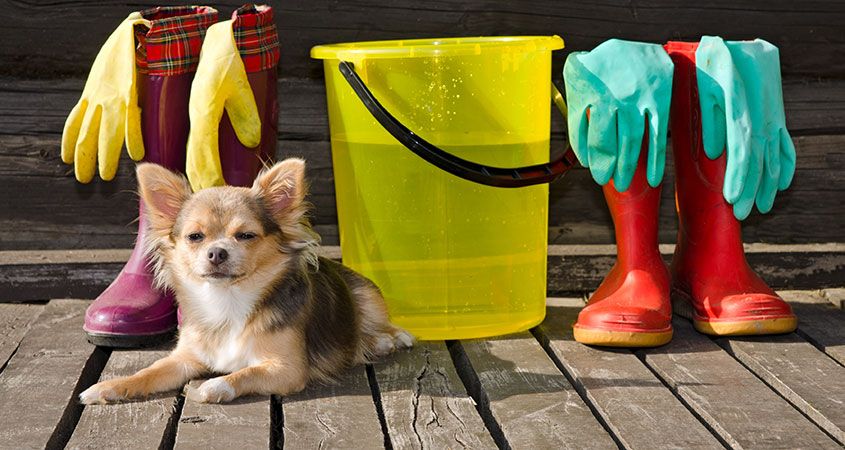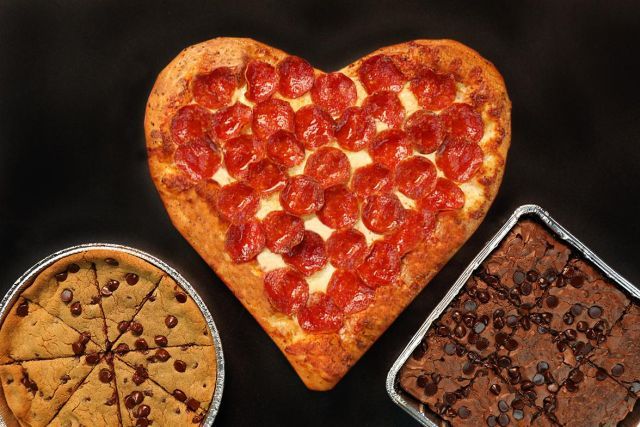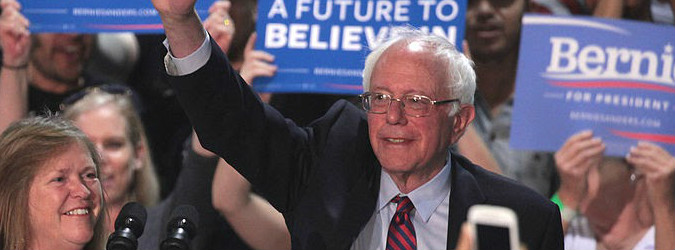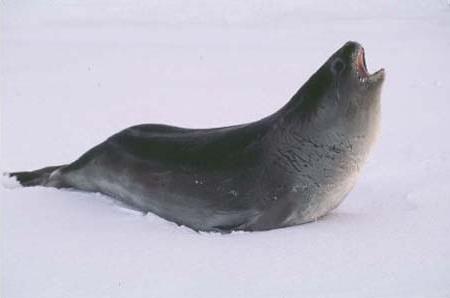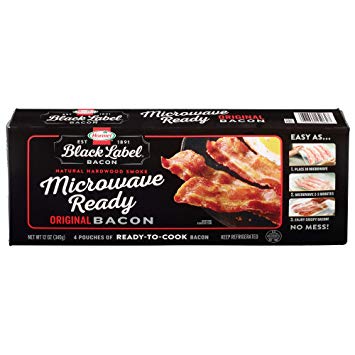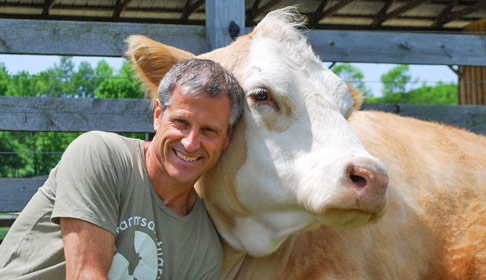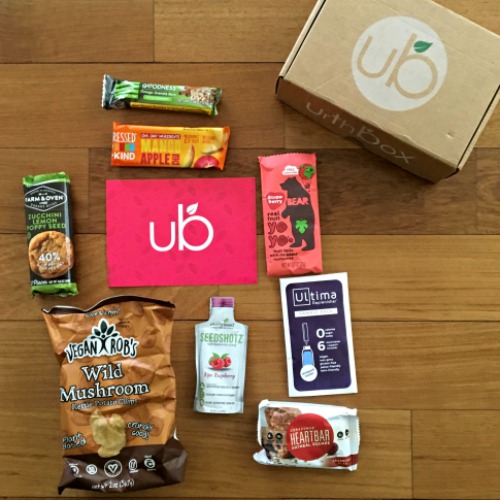One core tactic to protecting large numbers of animals is to find something that’s already getting publicity, and then discover a way to align animal protection with it. This happens automatically whenever celebrities go vegan or who get heavily into animal advocacy—whether it’s Paul McCartney or Ricky Gervais or Tom Brady or Pamela Anderson or Moby, you’re starting with somebody who already has the interest of millions. Now that they’re speaking up for veganism or animals or whatever, they’re guaranteed to influence large numbers of people. And you can help them make an even bigger difference just by getting the word out.
Same goes for anytime something even vaguely oriented makes the news. Got a big meat recall, an undercover cruelty investigation, or the latest meat industry scandal? Time to use your social media accounts to publicize it, and spin this news as yet another reason to consider veganism. They say that life is all about timing, but that’s quite not true. Effort and passion remain king and queen, but timing is what makes the difference between sailing with the wind or against it. So the best activists capitalize on things that are hot right now, in order to spin momentum in the animals’ favor.
This is also true for holidays and other annual events, with Thanksgiving the most obvious chance to turn the focus on turkeys into an annual liability to the industry. Over time, expect Thanksgiving to turn from the turkey industry’s greatest strength to its greatest weakness, as they brace themselves for another onslaught of activist publicity every November. The Super Bowl likewise remains the best occasion to publicize vegan party snacks, and over the years the game has given these foods a mountain of free publicity.
So far I’ve covered only the big things. Celebrities don’t get much bigger than Paul McCartney and holidays don’t get much bigger than Thanksgiving, but this same approach applies to small things. Even tiny little things we’ve all heard of, like spring cleaning. Why not turn spring cleaning into a way to help animals?
Life comes in two parts: acquiring and letting go. The acquiring is the easy part. Stuff accumulates that once seemed vital: nice clothing, DVDs, stereo gear, furniture, and a thousand other things. But most of your beloved acquisitions eventually fall into disuse, make their way to your garage, and sit there for unused for years or decades. While some of this stuff is outright junk, much of it is far too valuable to throw out on the street or to just give away. Finding a buyer can be tough, but ultimately satisfying for several reasons. You’ll be relieved of unwanted possessions, you’ll make somebody happy, you’ll reduce your footprint on the earth, and you’ll also be rewarded with some easy cash.
It’s amazing what you can unload with the help of Craigslist or eBay. Craigslist is free, and it’s perfect for heavier items where you can find a local seller. eBay gives you a worldwide audience but you’ll pay a commission plus lose more money to shipping. While it may take repeated ads on these platforms, eventually your glass slipper will find its Cinderella. Over the past few years I was able to get decent money for several albatrosses hanging from my neck: a 1940s Erector Set I was given as a kid but never used, a Nintendo 64 in its original packaging, and a 60-inch vintage flexible flyer sled. Undoubtedly you’ve got things every bit as weird and potentially valuable if only you get the word out. Imagine how good it will feel when this stuff is no longer cluttering your garage, and the money you’ve gained is donated to help animals.
So why not grit your teeth this spring, do what it takes to part with a few things, and devote the chunk of change you receive to creating a chunk of change for animals? All you need to do is send your earnings to whichever animal advocacy group of you like best. It’s a win all the way around. Admittedly, the act of purging yourself of possessions can be about as unpleasant as a physical purging, but once the lady drives off and there’s money in your pocket you’ll feel so relieved. If you’re ready to get on-board, why not close the loop and post about what you’ve sold, how much you earned, and where your donation went?
Maybe collectively, we can raise funds this spring that will save thousands of animals, and perhaps we can collectively save millions of animals each spring as the years roll by. Post about your sales results using to this thread on Facebook or using the #SpringCleaningForAnimals tag on Twitter or Instagram. Spring cleaning has never before been a thing for animals. Why not start now?
The post Spring Cleaning for Animals appeared first on Vegan.com.
